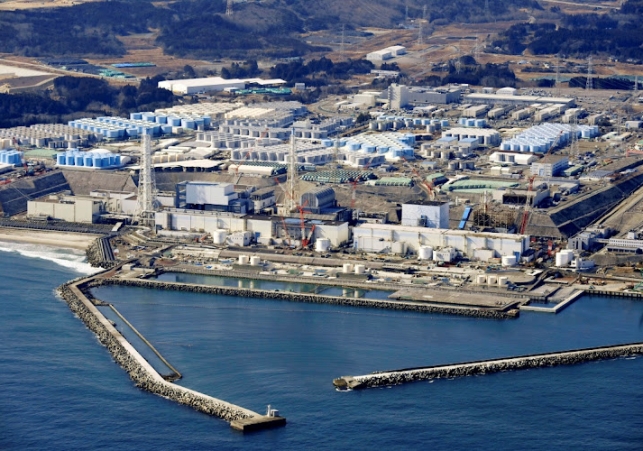
Japan to release Fukushima treated water, China expresses concern
Japan proceeds with planned release of treated radioactive water from Fukushima Plan, China expresses concern
Controversial decision and concerns
Japan is set to begin releasing treated radioactive water from the damaged Fukushima nuclear power plant into the Pacific Ocean as scheduled, sparking criticism from China, which has called the move "selfish and irresponsible." Tokyo Electric Power (Tepco), the plant operator, announced that the release would commence around 1 p.m. local time (0400 GMT).
Japan has maintained that the water release is safe, and the International Atomic Energy Agency (IAEA) approved the plan in July, stating that the impact on people and the environment would be minimal. However, Japanese fishing groups have expressed fears of reputational damage and economic losses due to potential export restrictions and reduced sales. Hong Kong and Macau, both under Chinese rule, are poised to ban Japanese seafood from certain regions, including Tokyo and Fukushima.
China's reaction and commitment to safety
China has strongly criticized Japan's decision, labeling it "extremely selfish and irresponsible." The Chinese nuclear safety administration emphasized that it would take necessary measures to safeguard the marine environment, food safety, and public health. China also pledged to intensify monitoring radiation levels in its waters after the discharge. Meanwhile, Japan has accused China of spreading unsubstantiated claims.
Also Read: Russian plane crash: Wagner leader Yevgeny Prigozhin injured (arthparkash.com)
The water will be released in stages with additional checks in place. The initial discharge will consist of 7,800 cubic meters of water, equivalent to about three Olympic-sized swimming pools, and will occur over approximately 17 days. Tepco's test results show that the water contains up to 63 becquerels of tritium per liter, well below the World Health Organization's drinking water limit of 10,000 becquerels per liter. The process of releasing the wastewater, totaling over 1.3 million metric tons, is expected to extend over decades.
Challenges and reactions
Civic groups in Japan and South Korea have organized protests against the water release. South Korea's government, however, has conducted its own assessment and found no issues with the scientific and technical aspects of the plan. The Fukushima Daiichi plant was devastated in 2011 by a powerful earthquake and subsequent tsunami, leading to the meltdowns of three reactors. Releasing the treated water is a pivotal step in the complex and lengthy process of decommissioning the plant, which includes the challenging task of removing molten fuel.
In conclusion, Japan's decision to release treated radioactive water from the Fukushima nuclear power plant into the Pacific Ocean has generated both support and criticism. While Japan asserts the safety of the release and has garnered international approval, concerns remain, particularly in relation to potential economic repercussions and environmental impact. China strongly condemns the move, vowing to protect its marine environment and public health. The gradual and monitored release aims to mitigate risks, but the issue remains contentious in the face of complex challenges in the plant's decommissioning process.
Also Read: Prakash Raj celebrates India's lunar success amid controversy (arthparkash.com)





